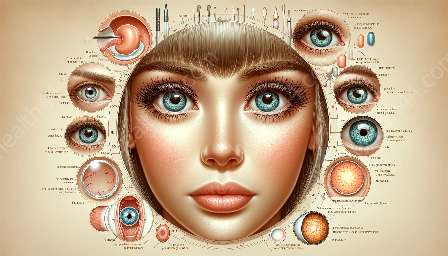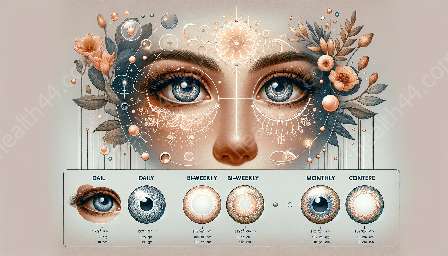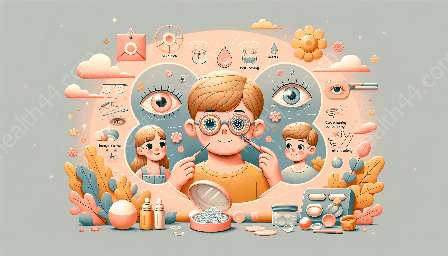Presbyopia is a common age-related vision problem that affects individuals typically over the age of 40. It occurs as a part of the natural aging process and can have a significant impact on a patient's quality of life.
Understanding Presbyopia
Presbyopia is characterized by a gradual loss of the eye's ability to focus on near objects. For patients, this often results in difficulty reading small print, focusing on close-up tasks, and experiencing eyestrain. As presbyopia progresses, the need for vision correction becomes essential in order to perform everyday activities.
Impact on Daily Activities
Presbyopia can have a profound impact on various aspects of a patient's life. From reading and using digital devices to participating in hobbies and performing work-related tasks, the condition can lead to frustration and decreased productivity. Patients may find themselves constantly switching between reading glasses and distance glasses, or struggling with inadequate vision correction solutions.
Specialty Contact Lenses for Patients with Presbyopia
Specialty contact lenses offer a convenient and effective solution for patients dealing with presbyopia. These lenses are designed to address the specific visual needs of individuals with age-related vision changes.
The Role of Contact Lenses
Contact lenses specifically designed for patients with presbyopia provide a comfortable and seamless alternative to traditional glasses. By offering clear vision at both near and far distances, specialty contact lenses enable patients to enjoy improved visual acuity without the hassle of switching between multiple pairs of glasses.
Types of Specialty Contact Lenses
There are different types of specialty contact lenses suitable for patients with presbyopia:
- Multifocal Lenses: These lenses contain multiple prescription powers within the same lens, allowing patients to see clearly at various distances.
- Monovision: This involves wearing a lens in one eye that corrects distance vision and a lens in the other eye that corrects near vision, offering a balanced visual solution.
Benefits of Specialty Contact Lenses
When compared to traditional eyeglasses, specialty contact lenses offer several advantages, including:
- Enhanced Convenience: Patients can enjoy clear vision without the need to constantly switch between different pairs of glasses.
- Natural Vision: Specialty contact lenses provide a more natural visual experience, as they move with the eye and provide a wider field of view compared to traditional glasses.
- Improved Aesthetics: Contact lenses offer a more natural appearance without the framing of glasses, giving patients a confidence boost and an enhanced overall look.
Providing Patient Care
As a healthcare professional, it is essential to educate patients about the availability and benefits of specialty contact lenses for managing presbyopia. By understanding the impact of presbyopia and the role of specialty contact lenses, eye care practitioners can offer tailored solutions to improve the visual comfort and quality of life for their patients experiencing this age-related vision condition.
In Conclusion
Presbyopia can significantly affect a patient's daily activities and quality of life. However, with advancements in specialty contact lenses, individuals dealing with presbyopia can experience enhanced visual comfort and convenience. By recognizing the impact of presbyopia and the available optical solutions, healthcare professionals can provide comprehensive care to patients and improve their overall vision-related experience.





















